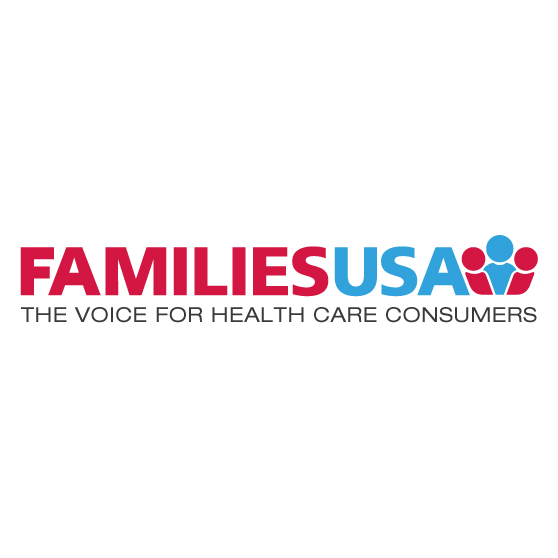
Reducing “Job Lock”: How the Affordable Care Act Empowers Working Families
02.07.2014
By now, many of you have either read or heard about the recent economic projections released by the Congressional Budget Office (CBO). The reaction from conservatives opposed to the provisions of the Affordable Care Act has been predictable. But plenty of journalists and policy groups consider the report an example of how the health care law is actually improving the quality of life for many Americans-most notably by giving people more freedom to make deeply personal choices about how they split their time between the things most important to them-their jobs and their families. The CBO report finds that what we know as “job lock”-the forced dependency (that many working Americans experience) to a job that doesn’t allow them to make other priorities (such as taking care of a child or a disabled spouse, or even one’s own health condition)-is diminishing.
Why? Because, through the Affordable Care Act’s health insurance marketplaces, more working families can afford to buy insurance that is NOT tied to an employer, and they are now choosing to work in jobs with more limited hours-jobs that allow them the flexibility to take care of priorities that they were neglecting before. The report describes the number of hours worked as a reduction in the “total number of hours Americans work by the equivalent of 2.3 million full-time jobs.” Many opponents of the Affordable Care Act are, predictably, casting this 2.3 million number as jobs lost. A good post outlining how the CBO refutes this claim is here. And Paul Krugman’s post in the New York Times offers an articulate counterpoint to the inaccurate reporting as well.
So, it’s important to read this figure as the CBO intended-not as hours lost, but as hours that working families have gained to take care of their most pressing priorities-their health and their families.


